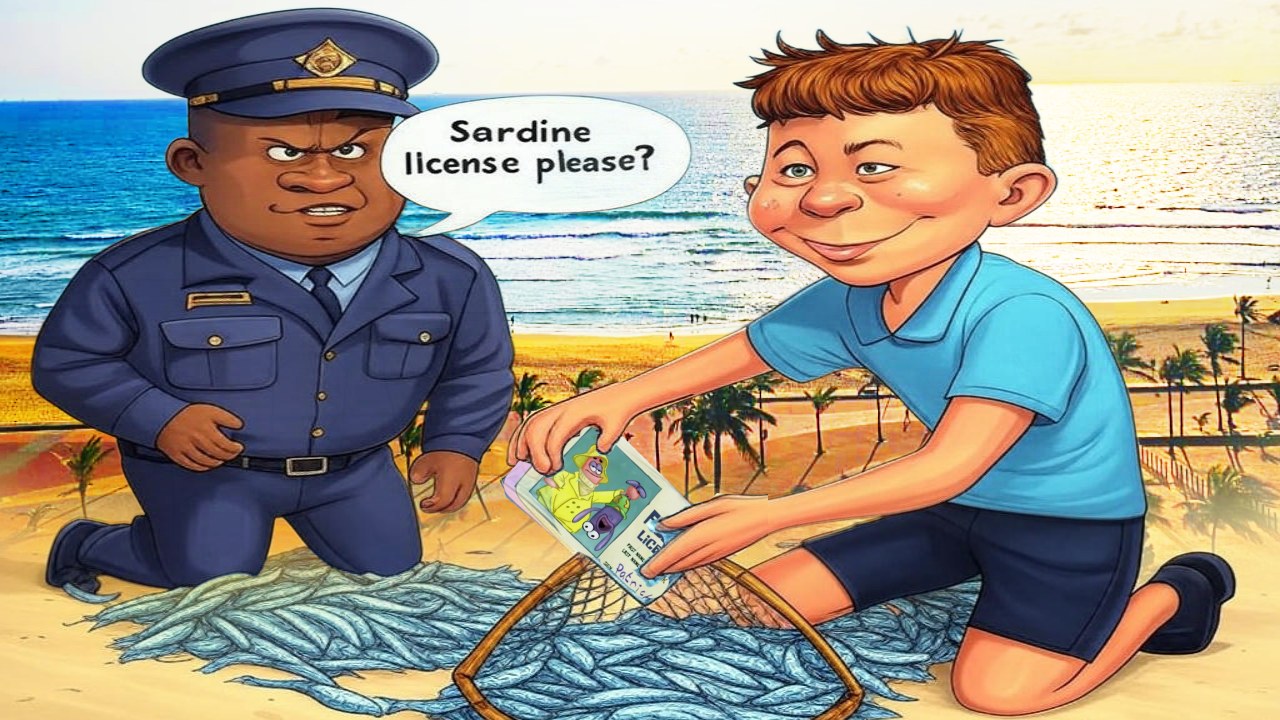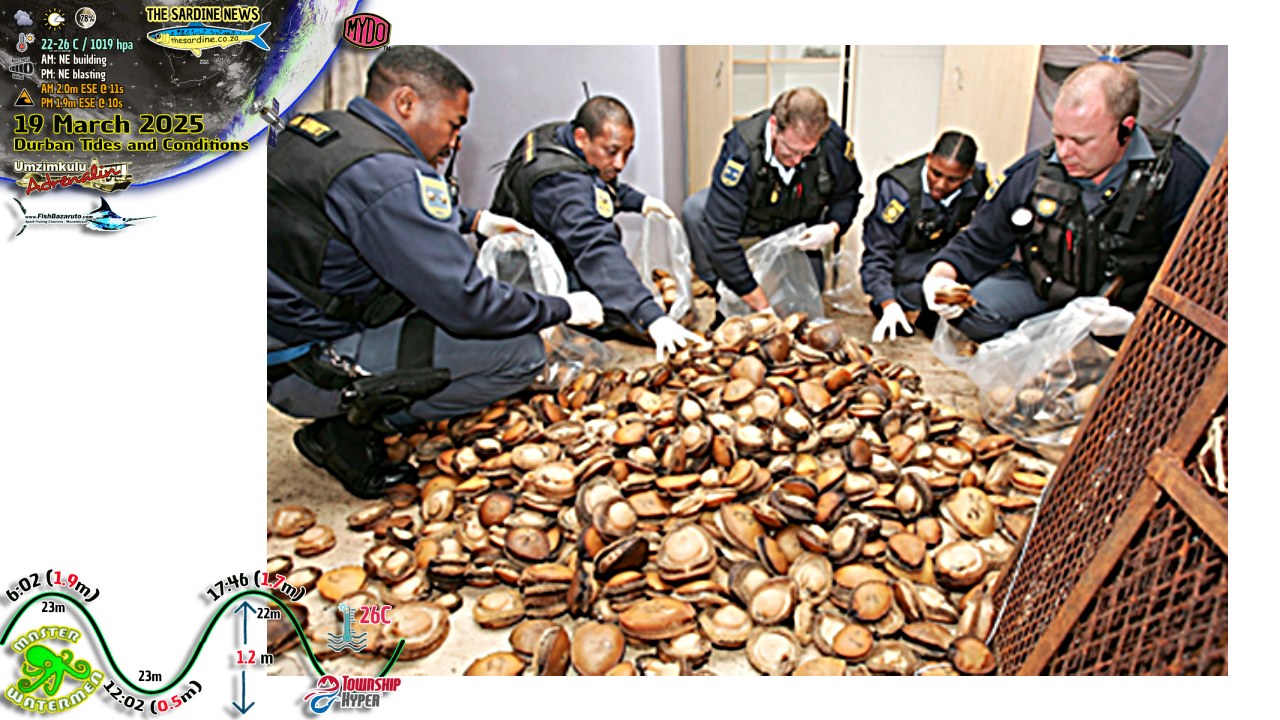Do you need a fishing license to catch sardines?
Do you need a fishing license to catch sardines? Do you need a fishing license to catch sardines? Very interesting question this one. Came to me. So Lets read the rules together… The Rules You can download the rules in PDF form to your phone or computer and have them with you at all times. … Read more


